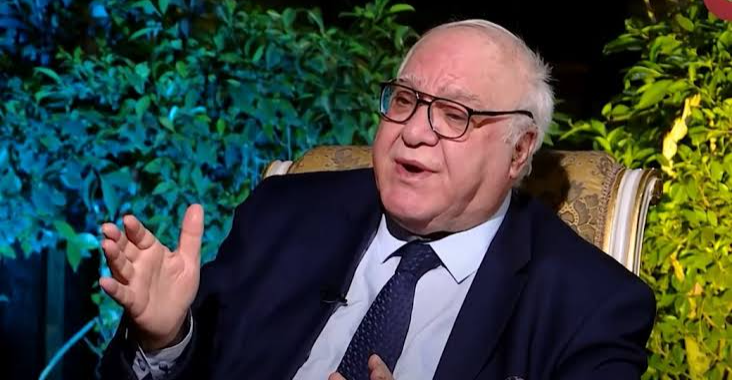Al-Sudani’s advisor: Iraq is experiencing a rare “price boom” in its modern economic history.
 The Prime Minister’s financial advisor, Mazhar Mohammed Salih, revealed on Thursday that Iraq is experiencing a rare “price boom” unprecedented in its modern economic history. This boom is driven by low inflation rates, a remarkably stable exchange rate, and improved unemployment rates, all due to effective coordination between monetary, fiscal, and trade policies.
The Prime Minister’s financial advisor, Mazhar Mohammed Salih, revealed on Thursday that Iraq is experiencing a rare “price boom” unprecedented in its modern economic history. This boom is driven by low inflation rates, a remarkably stable exchange rate, and improved unemployment rates, all due to effective coordination between monetary, fiscal, and trade policies.
Saleh told Shafaq News Agency, “The inflation rate in Iraq has remained below 3% over the past three years, which is a low rate compared to what the country has experienced previously or what neighboring countries are witnessing.”
The government advisor attributed this success to “the cautious monetary policy pursued by the Central Bank of Iraq, in coordination with fiscal and trade policies, which contributed to maintaining the purchasing power of the dinar.”
He explained that “unemployment rates fell from 17% to 14% in a relatively short period, supported by economic policies aimed at stimulating the agriculture, investment, and trade sectors, while supporting local production played a direct role in creating new job opportunities.”
Regarding the dollar exchange rate, Saleh explained that “the official rate of 1,320 dinars has maintained its stability, which has helped calm markets and limit the role of the parallel market, thereby reducing import costs and limiting price pressures on consumers.”
He stressed that “fiscal policy played a pivotal role in controlling prices, with approximately 25% of the general budget (equivalent to 13% of GDP) allocated to support agricultural products, food and medicine baskets, fuel, and electricity, in addition to tax and customs exemptions, which eased the direct burden on citizens.”
Within the framework of trade policy, Saleh pointed to the establishment of a network of cooperative-price stores (consumer and construction) that would help break monopolies and provide direct alternatives for goods, as part of what he described as “price defense,” an effective tool for regulating markets and preventing unjustified price increases, according to the spokesman.
Despite the positive signs, the financial advisor warned of a potential challenge at this stage: “Commodity leakage across borders, due to price differences between the subsidized Iraqi market and neighboring markets. This requires tightening customs and trade controls without harming legitimate trade.”
Saleh concluded, “The current ‘price boom’ Iraq is witnessing, a rare phenomenon in its modern economic history, must be built upon by rationalizing support and directing it toward productive sectors to achieve sustainable development, rather than relying solely on stability and consumption.”
Shafaq.com
